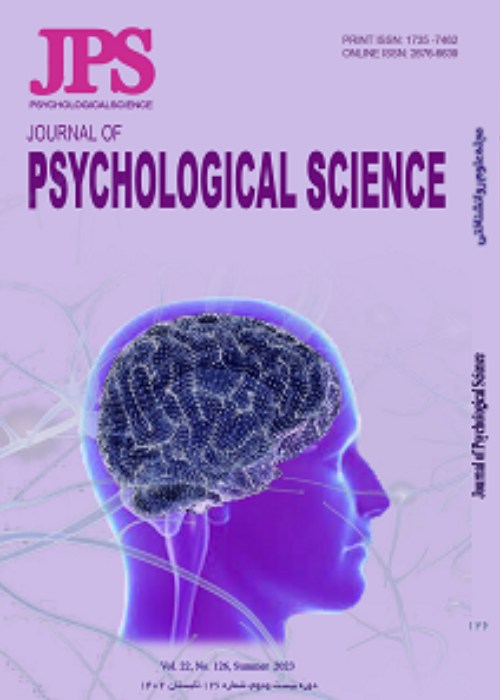Comparison of the effectiveness of cognitive-existential therapy and compassion-focused therapy in groups on psychological well-being of divorced female heads of household
Various interventional studies have been conducted by the aim of improving mental health among divorced female heads of household, but no research has been conducted with the aim of comparing the effectiveness of cognitive-existential therapy and compassion-focused therapy on psychological wellbeing of divorced female heads of household.
The present research was conducted by the aim of comparing the effectiveness of cognitive-existential therapy and compassion-focused therapy on psychological wellbeing of divorced female heads of household.
The current study was conducted by semi-experimental method in which a pretest-posttest-follow up with control group design was used. The research population included all divorced women who were heads of household who were members of the Imam Khomeini Relief Foundation in the 19th district of Tehran, Iran. The study sample included 36 women who were selected by purposeful sampling method and, then, were assigned into two experiment groups and one control group (12 individuals per group) through random assignment method. The research tool was Ryff’s Psychological Wellbeing Scale (1989). For the first experiment group, the cognitive-existential therapy (Kissane, 2004, 2009), and for the second experiment group, the compassion focused therapy (Gilbert, 2009, 2014) were delivered in groups and in eight 120-minute sessions, but the control group received no intervention. The variance analysis test with repeated measures and the Bonferroni ad hoc test were used to analyze the data.
The results indicated that the cognitive-existential therapy and the compassion-focused therapy led to improvements in psychological wellbeing and all its components (acceptance of self, positive relations with others, self-autonomy, purposeful life, personal growth, environmental mastery) at the end of the intervention stage and in the follow-up stage. Moreover, the cognitive-existential therapy showed greater effectiveness on increasing psychological wellbeing and its components (p< 0/01) compared to the compassion-focused therapy.
According to the obtained results, psychologists and counselors are recommended to employ these two therapeutic approaches for reducing psychological problems among divorced women who are heads of household.
- حق عضویت دریافتی صرف حمایت از نشریات عضو و نگهداری، تکمیل و توسعه مگیران میشود.
- پرداخت حق اشتراک و دانلود مقالات اجازه بازنشر آن در سایر رسانههای چاپی و دیجیتال را به کاربر نمیدهد.


